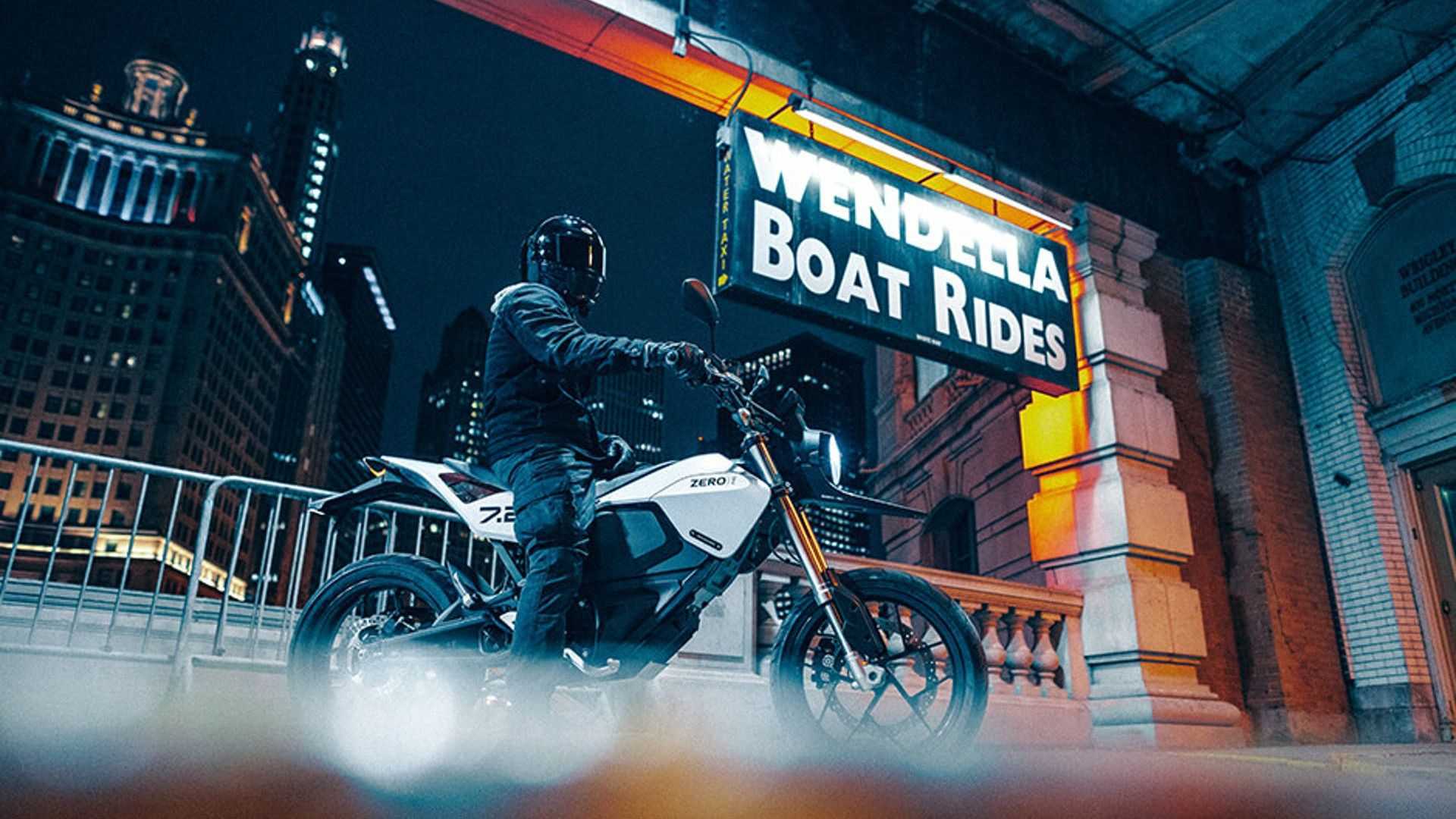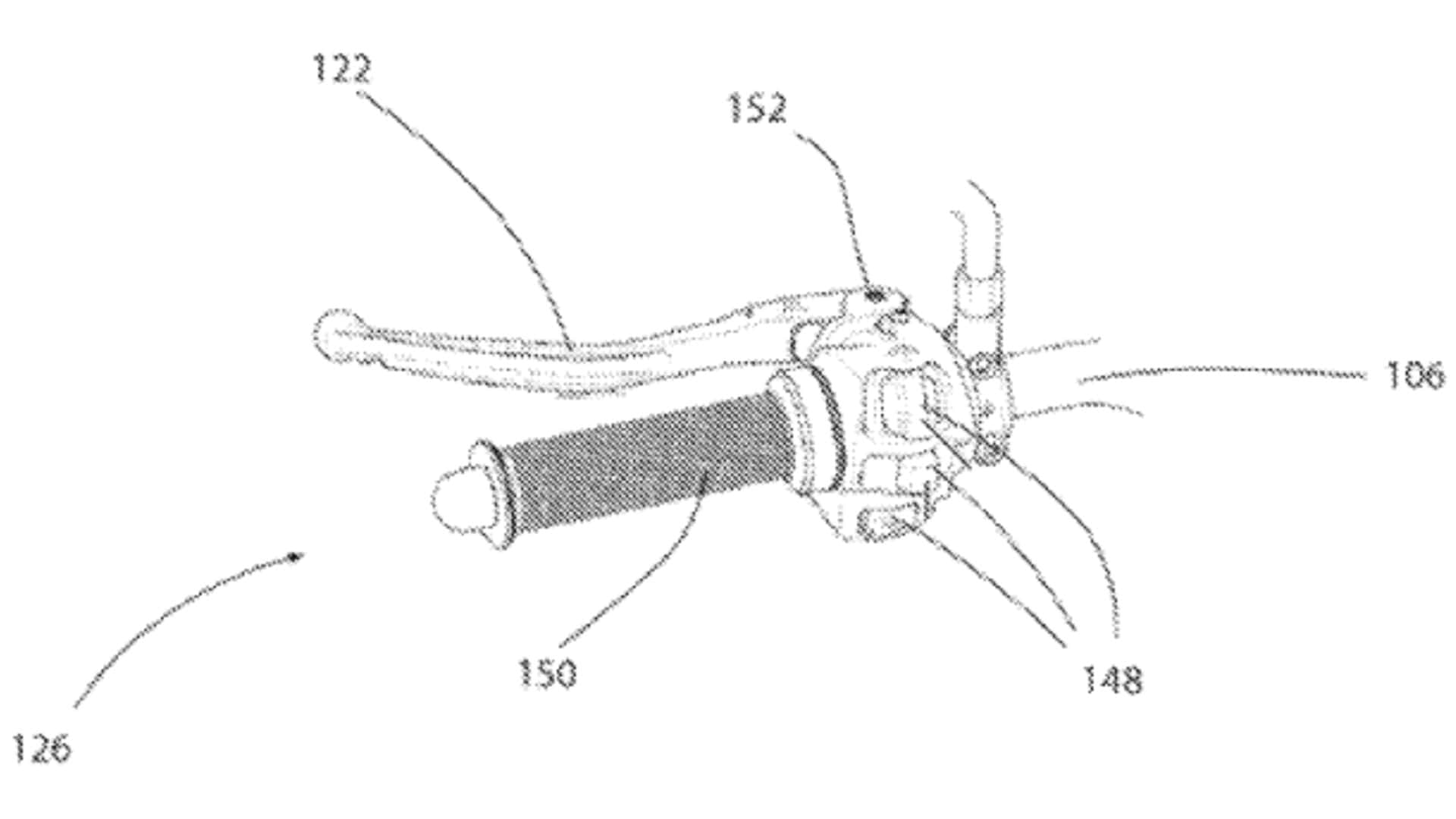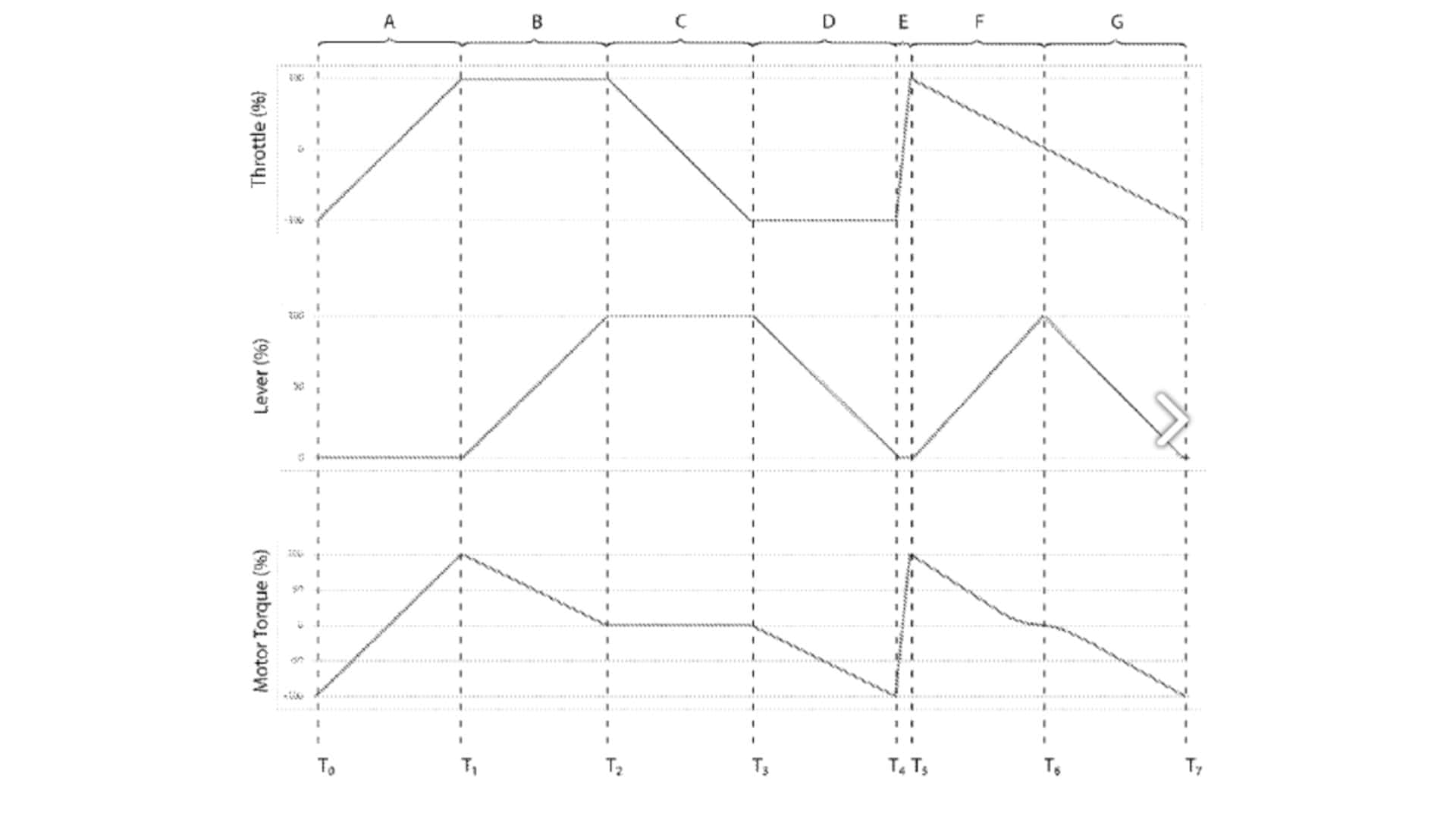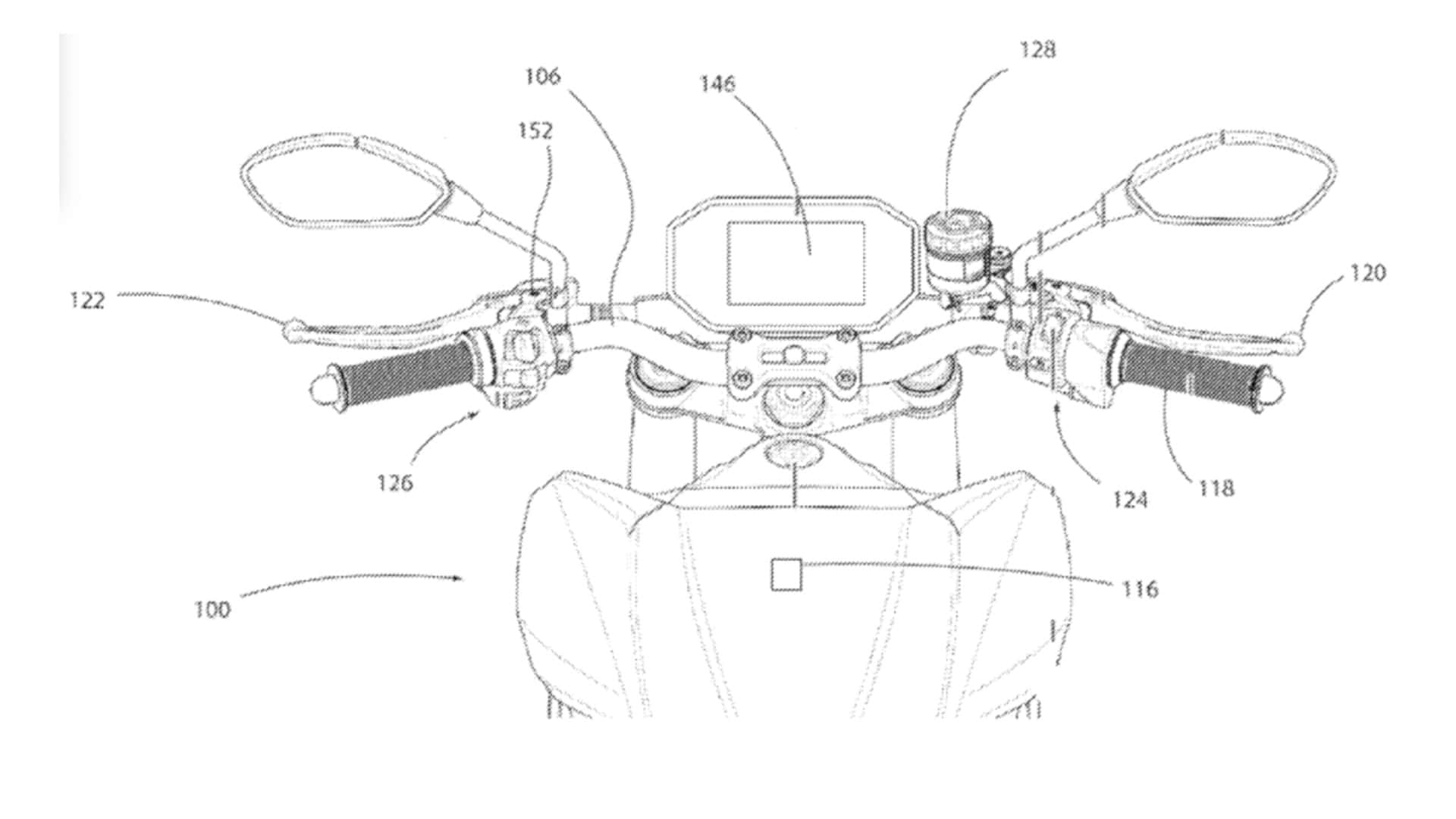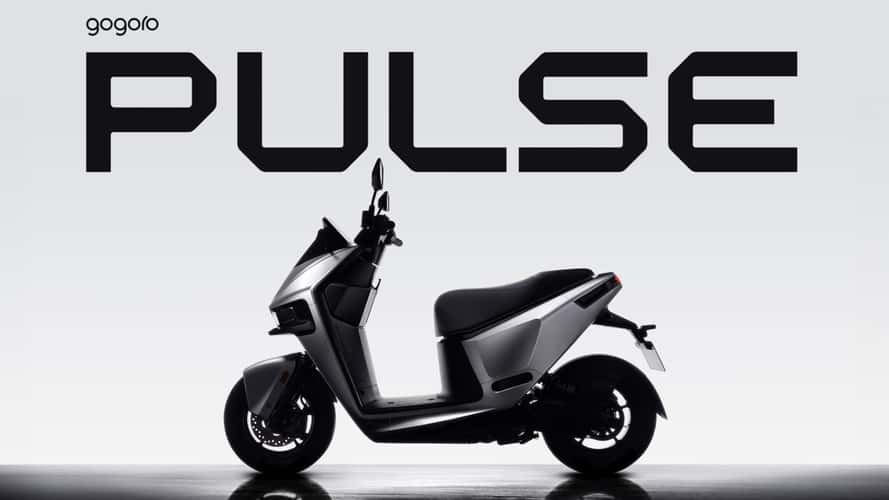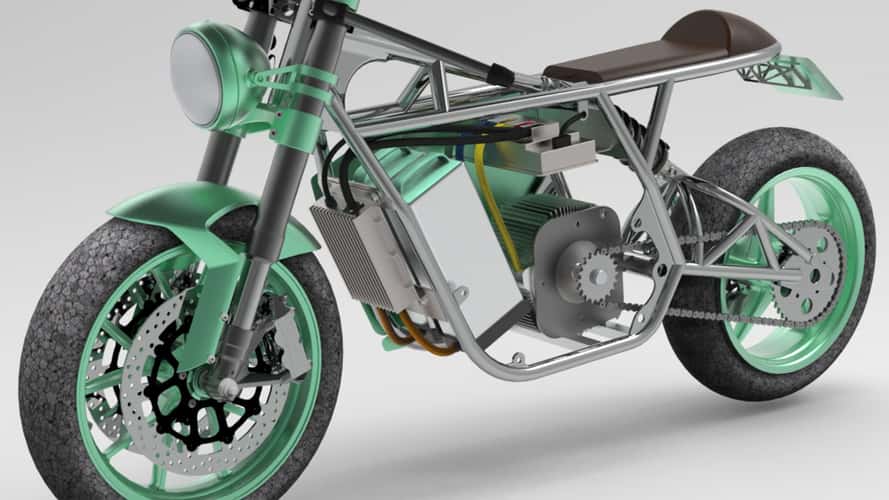The Importance of a Motorcycle's Clutch
A motorcycle's clutch is often overlooked but plays a crucial role beyond just engaging and disengaging the transmission. It adds grace and finesse to a rider's maneuvers, especially when performing advanced moves like wheelies and burnouts.
In the era of electric motorcycles, the traditional clutch is becoming obsolete. Many new electric bikes have a direct drivetrain, eliminating the need for a transmission and clutch. However, for riders seeking precision and finesse, the absence of a clutch can be disappointing.
Fortunately, some manufacturers are addressing this issue. Zero, for instance, has patented a "simulated clutch" system for its electric motorcycles. This system provides an additional layer of control separate from the throttle and brakes, mimicking the feel of a traditional clutch.
While the concept of a simulated clutch is intriguing, its real-world performance remains to be seen. It could potentially enhance the riding experience by providing a familiar sensation similar to that of an internal combustion engine bike.
Despite the advancements in electric technology, it's reassuring to see manufacturers like Zero focusing on the subtler aspects of motorcycling. The simulated clutch feature aims to bring back the tactile feedback that riders may miss in electric bikes.
Although electric motorcycles may not require a clutch, innovations like Zero's simulated clutch demonstrate a commitment to enhancing the riding experience for enthusiasts. It's a step towards preserving the unique character of internal combustion engines in the evolving landscape of electric vehicles.
As a rider who enjoys moto gymkhana competitions, I understand the importance of the clutch in navigating tight courses and maximizing power delivery. The mastery of balancing the clutch, throttle, and rear brake is essential for success in such events, highlighting the significance of this component in motorcycle performance.
While the idea of competing on an automatic or electric bike may seem daunting, innovations like the simulated clutch could potentially bridge the gap between traditional and electric motorcycles, offering riders a familiar and engaging experience.
